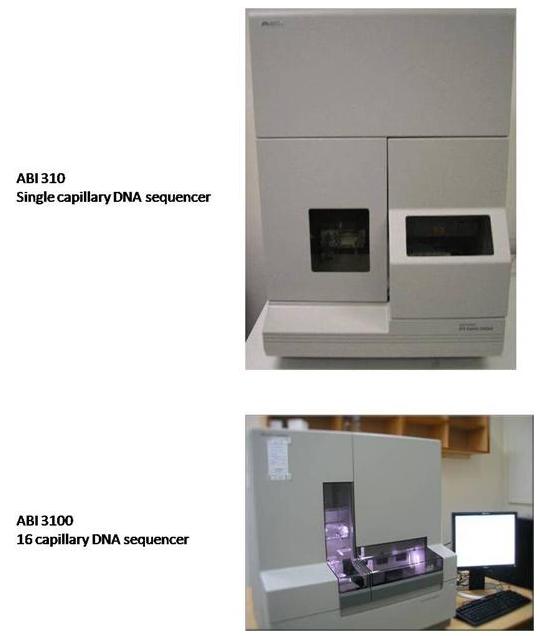Background and Sketch
Biotechnology has now been accepted as a technology of great promise offering an infinite number of ways for combating problems of agriculture, health, industry and environment. Realising its importance, the Government of Pakistan decided to establish the National Institute for Biotechnology and Genetic Engineering at Faisalabad under the auspices of Pakistan Atomic Energy Commission in 1987. NIBGE was formally inaugurated in 1994 by the President of Pakistan. The institute has four research blocks including, administration block, workshop block, fermentor shed for up-scaling of the fermentation processes, green houses, hi-tech analytical tools to cater a wide spectrum of research, electronic repair centre, IT centre and library facility. The total strength of the institute is around 400 persons, which comprises of officers, parascientific staff , scientific helpers, MPhil and PhD students.
Research Profile
There are five research divisions at NIBGE namely, Agricultural Biotechnology, Health Biotechnology, Industrial Biotechnology, Environmental Biotechnology and Technical Services divisions. In agriculture research sector, the relationship of gemini viruses with cotton leaf curl disease has been understood at molecular level. Development of GM crops by genetic engineering is a routine. Insect and disease resistant cotton varieties have been released. Biofertilizer's with the trade name BioPower have been launched for various crops, use of those not only reduces the inputs of chemical fertilizers but also enhances the yield to significant levels. In the area of health, NIBGE is the first institute to develop PCR based tests for various diseases. Industrial progression has a direct link with country’s economy. Globally, biotechnology industry has been very instrumental in uplifting the overall socio-economic level of societies. Biotechnology linked industries have been carefully listed for research endeavours. We have developed strains and enzymes/endogene compounds for various industrial processes. Upgradation of fossil fuels is a multifaceted endeavour that may play its role in enhancing the economic feasiablity of various processes linked to the industries viz., chemical industry, cement industry, power generation industry etc. Gene mining of extreme habitats is also one of the research focuses of Industrial Biotechnology Division. During 2003, Tasman spirit oil spill at Karachi, 1.7 Km long beach area was cleaned using bioremediation technology developed at Environmental Biotechnology Division of NIBGE. Efforts are underway to establish a culture collection at NIBGE as a bioresource centre. Similarly, efforts have been put to design processes to combat environmental pollution/threats for various industries as well as for urban environment in general. To disseminate the fruits of our scientific endeavours to the end users, a commercial unit Pakistan Innovative Biotechnology Service has been established which mediates between different industries/ public sector organisations and NIBGE for the development of various processes and provision of commercial services.
Educational Endeavours and Major Achievements
One of the mandate of this institute is to disseminate knowledge and to impart education at large. NIBGE has been contributing to greater extent to develop trained manpower since its inception. We have been made Department of Biotechnology in affiliation with Pakistan Institute of Engineering and Applied Sciences, Islamabad for the award of M.Phil. and Ph.D. degrees in Biotechnology. Our trainees have won international competitive scholarships for higher education. We are also affiliated with International Centre for Genetic Engineering and Biotechnology, Trieste, Italy. NIBGE has also been nominated as the Regional Centre of UNIDO in Pakistan. NIBGE library has been given the status of National Library for Biological Sciences. NIBGE has been awarded with the ISO 9001-2000 Certification.
Research Facilities

| NIBGE has got world-class analytical equipments and facilities, which are used to support our research and training activities. However, these state-of-the-art facilities and apparatus may be utilized by other private and public organizations. We are already providing services like electron microscopy and DNA sequencing and are always willing to extend the services on demand. |
Microscopy:
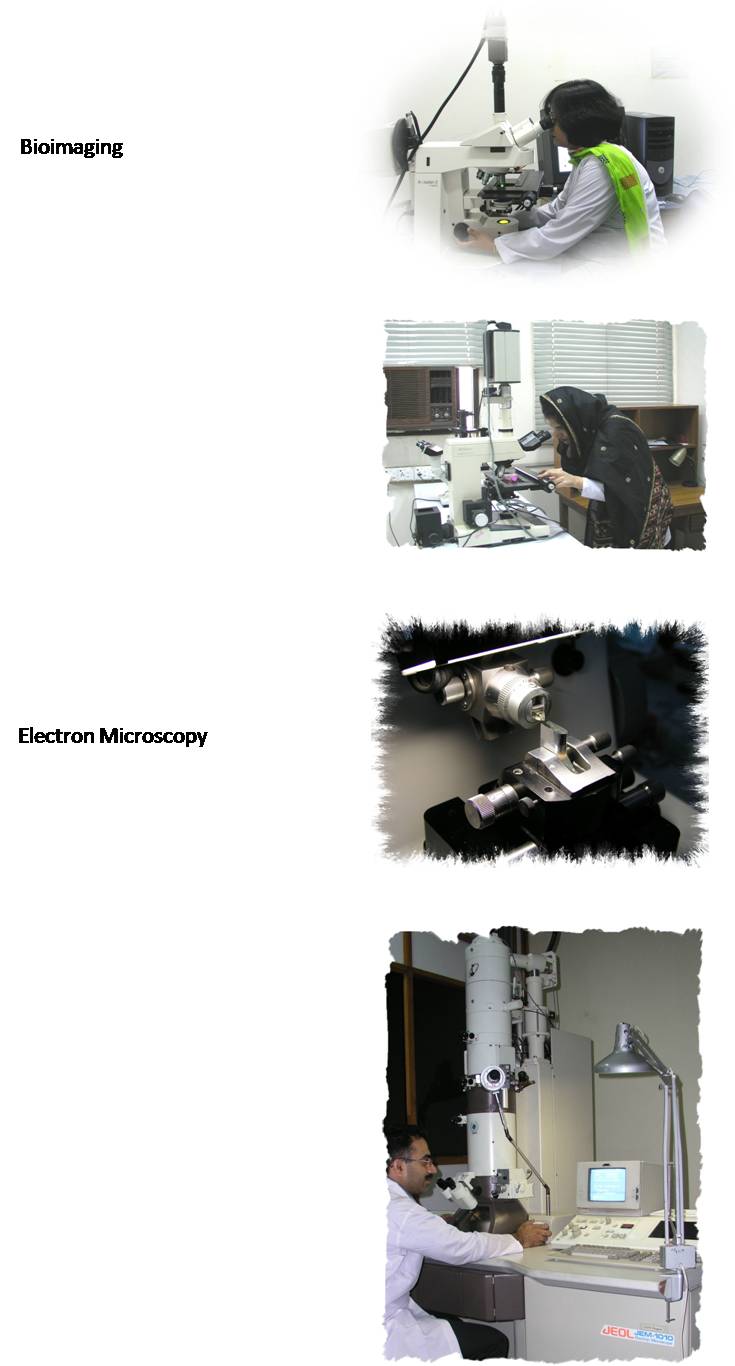
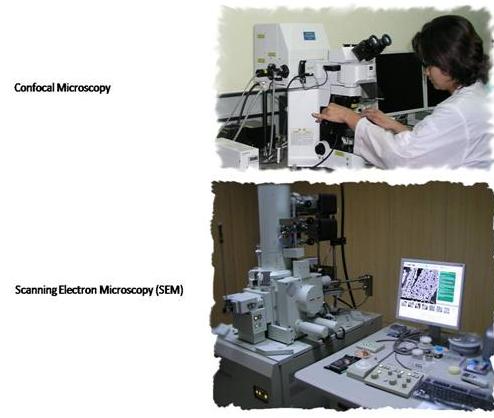
Green Houses:
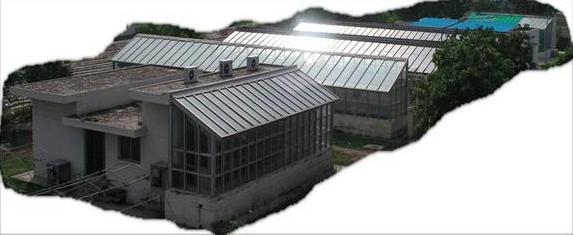
Spectrometers:
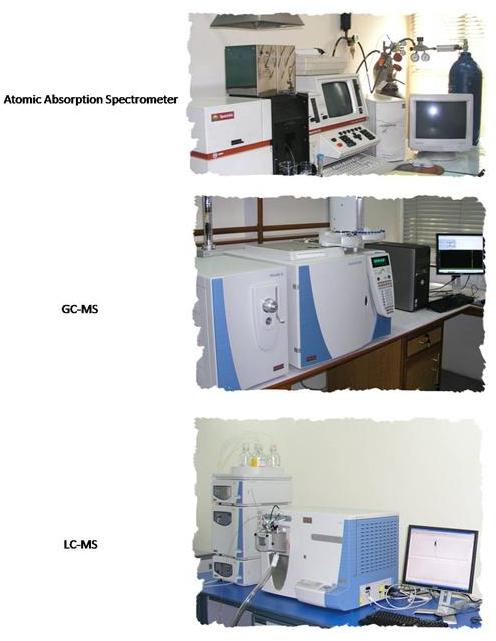
Fermentors:
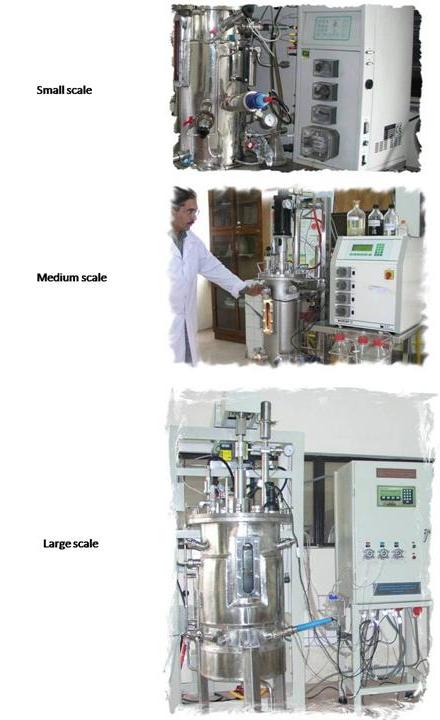
DNA Sequencers
